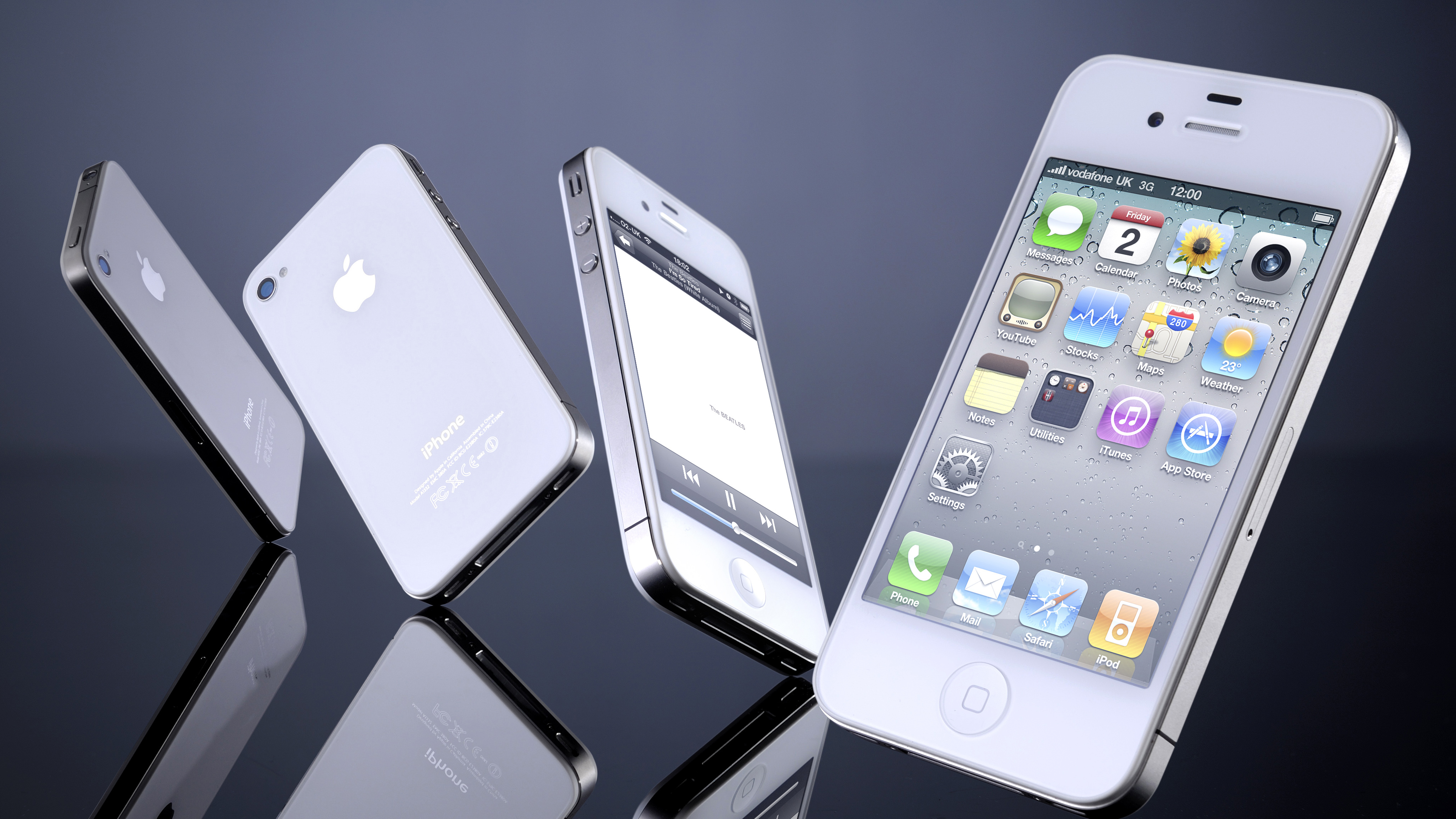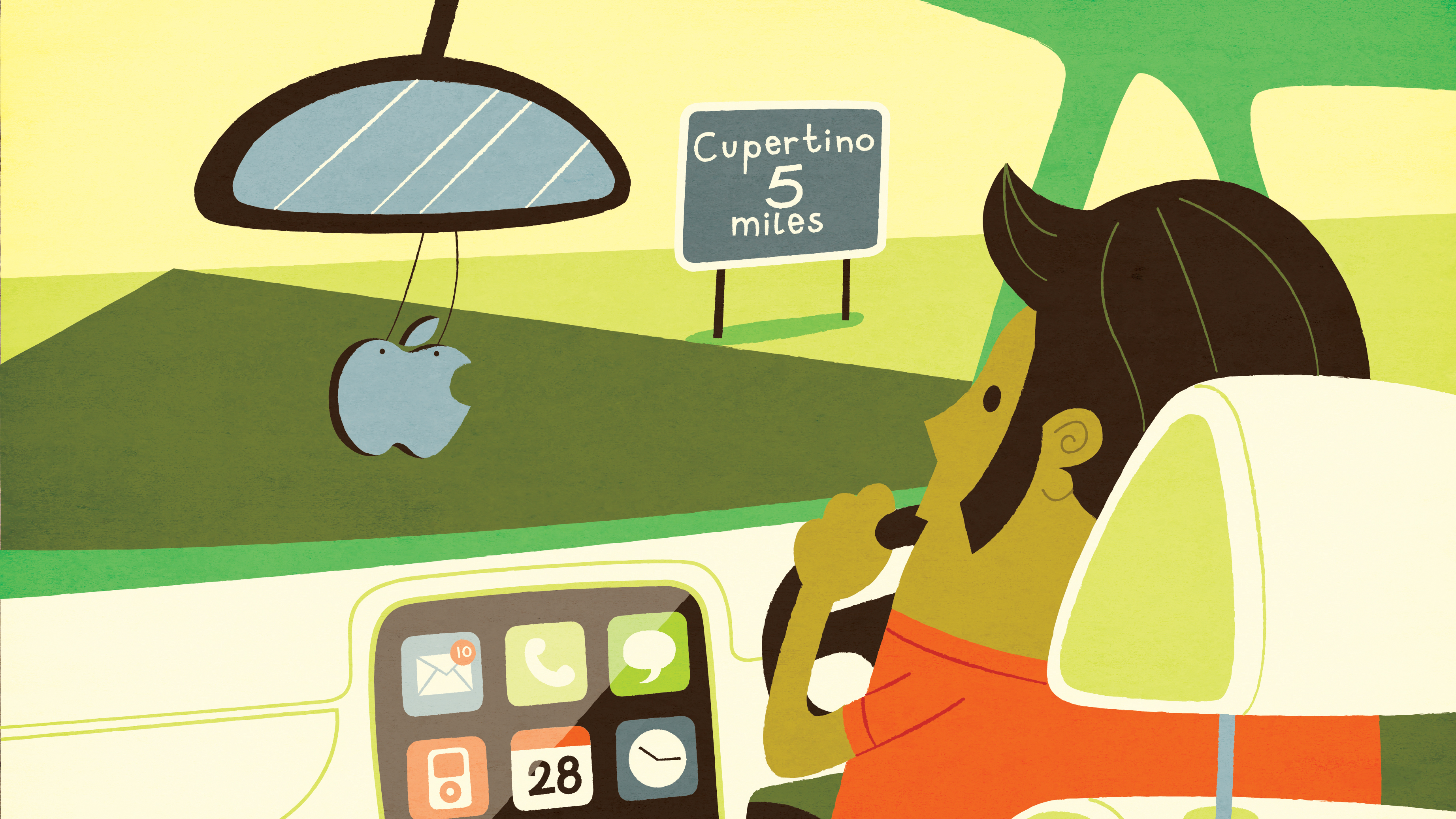What's Apple driving at with the $1bn Didi deal?
This investment was certainly a surprising move by Apple
Shift to services
Another motivation could be Apple's recent shift into a 'services' strategy, which emphasises the stuff onyour iPhone over the actual device. Apple Music, Pay, iTunes, iCloud, and the App Store, among others, all generate revenue for the company after a purchase has been made and it's here that Apple wants to really milk its massive customer base.
Even if the world has a limited number of iPhone buyers – which, ultimately, it does – Apple can still sell them stuff for a monthly fee. If, for example, a user signed up for the second-tier of iCloud storage, which costs around $0.99 a month, Apple Music, which costs $9.99 a month, and bought $1 of in-app purchases (or new apps) on a regular basis, then the company would make $11.98 every month.
This, as analysts have pointed out, is a giantmarket which could amount to about $7.6 billion (around £5.3 billion, AU$10.5 billion) in revenue per month – on the conservative end.
It's unclear how, or why, Didi would advance that investment on face value, but the reason is sure to become clear. Like Uber, Didi doesn't actually own any cars, but simply provides a way of pairing drivers with passengers.

Currying favour with China
Some have speculated that Apple's fresh investment is a ploy to win favour with the Chinese government. For years, the iPhone was not on sale in China – which changed in 2013 – and, more recently, the iTunes Movies and the iBooks Store were shut down, without explanation.
The path to getting these things back and investing a billion in a ride-hailing company isn't exactly clear, but it does signal Apple's interest in China, and the fact it chose Didi over Uber, which is spending an estimated $1 billion (around £700 million, AU$1.4 billion) on China a year to break into its lucrative market, is telling.
Tim Cook's statement even explicitly referenced China – "a chance to learn more about certain segments of the China market," he said – and this reason is, most likely, the explanation behind the bid.
Sign up to the TechRadar Pro newsletter to get all the top news, opinion, features and guidance your business needs to succeed!
It's unclear if Apple will do more deals like this one, but other companies have been doing something similar. Microsoft, for example, has made a special version of Windows 10 for Chinese government employees, while Cisco and Qualcomm have done similar things.

Project car
The final explanation is that Didi has information on, or about, the automotive industry that Apple could benefit from, especially as its car project is now considered an open secret. Although it's not clear what, exactly, that information could be, personal transportation is moving more towards apps like Uber and Didi and away from actual car ownership on an individual basis.
Whatever the reason – and it's likely to be an amalgamation of them all – Apple has chosen to get into the Chinese ride-sharing game and it could signal a new path for the company as it looks to expand beyond the iPhone.
- 1
- 2
Current page: Shifting to services and car considerations
Prev Page Introduction and strategic reasonsMax Slater-Robins has been writing about technology for nearly a decade at various outlets, covering the rise of the technology giants, trends in enterprise and SaaS companies, and much more besides. Originally from Suffolk, he currently lives in London and likes a good night out and walks in the countryside.